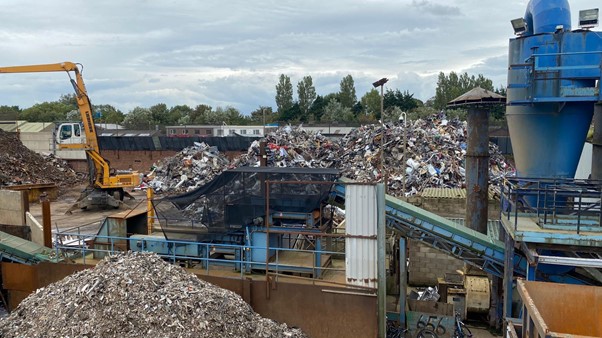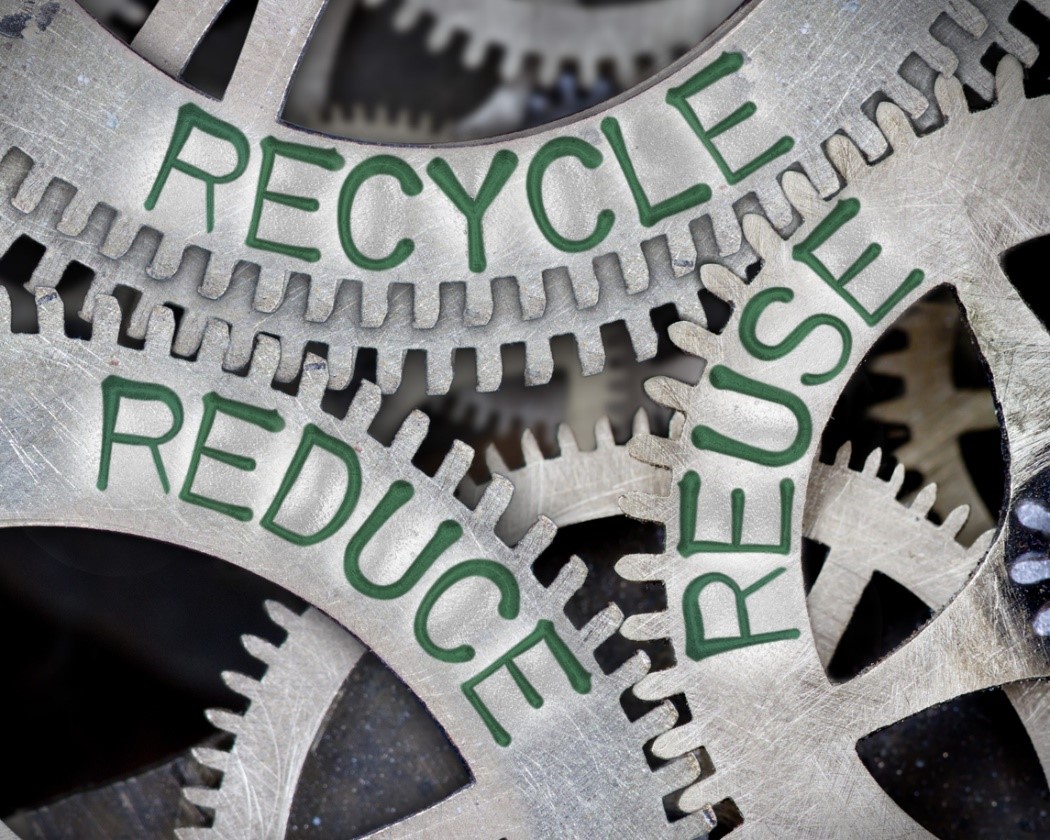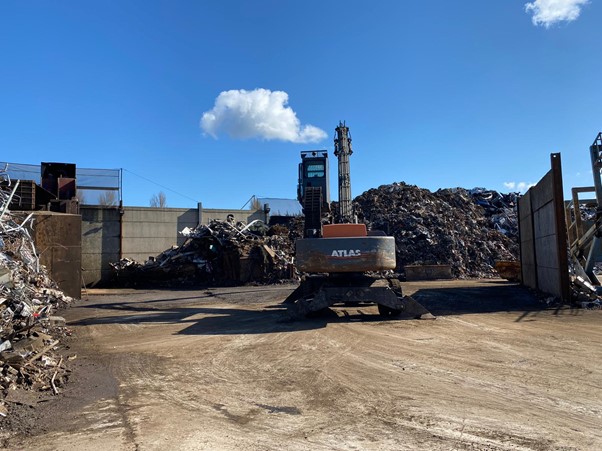Recycling has always carried economic value, but in today’s world it plays a far greater role. As businesses and households look for practical ways to cut waste and lower emissions, metal recycling has become essential to building a sustainable future. Once seen simply as part of the waste industry, companies like Morecambe Metals are now recognised as key players in helping the UK reduce its reliance on raw materials and meet growing environmental targets.
Virgin Metal vs Recycled Metal
Virgin metal is pure metal that has been obtained from ore through smelting– this process uses a lot of energy and demands the consumption of precious resources, like coal. By comparison, recycled metal is waste metal melted down and processed into useable sheets or blocks of raw material, ready to be made into new products. The recycling process can use up to 95% less energy than creating primary metal.
By recycling scrap metal, we eliminate the need to produce virgin metal, which in turn preserves our planet’s precious natural resources, like iron ore and coal. The most commonly used metals: iron, aluminium, copper and steel, can all be recycled an infinite number of times whilst retaining their original properties. There is really no need to smelt new metals if the supply of waste metal is not exceeding demand.
Recycling aluminium, for example uses around 95% less energy than producing it from raw materials and saves 9 tonnes of CO₂ emissions per tonne of aluminium recycled. Recycled metals reduce the need for new mining, which lessens environmental damage and energy use in extraction, transport, and refinement.
Why It Is Important to Recycle Scrap Metal
There are several reasons why it is so vital that companies make an effort to recycle their scrap metal, and virtually no reason they shouldn’t.
Preserving Natural Recourses As discussed, recycling metal negates the need to smelt new metal and preserves our planet’s resources – not just the metal ore but coal as well. Coal is already a climate issue, accounting for over 43% of greenhouse gas emissions. The less we can consume, the better.
Offset Carbon Emissions Recycling a tonne of aluminium can save up to 9 tonnes of CO2 from being released into the atmosphere. Many companies are setting ambitious carbon reduction targets; recycling raw materials like metal is a big step to achieving those goals as scrap metal recycling significantly reduces emissions and air pollution.
Recycling also supports new legal and policy requirements in the UK. For example, policies like Simpler Recycling require businesses in England to separate metals and other core recyclables from general waste. This provides both environmental benefits and compliance responsibility.
Demand for Waste Metal and policy changes
As public consciousness of the ecological and economic benefits of scrap metal improves, the pressure on manufacturers to use recycled material increases. It is thought that over the next 20 years, demand for scrap metal is set to rise dramatically because of increased environmental awareness.
For the world to fully benefit from waste metal recycling, there has to be demand for recycled metal, without demand, we’ve just got mountains of scrap metal sat in scrapyards and storage facilities.
New rules and policy updates in 2025 are also shaping this demand. For instance, workplace recycling rules now compel businesses in England to arrange for separate collection of metal, paper, plastics, etc., under Simpler Recycling, effective from 31st March 2025. Meanwhile, metal packaging recycling achieved a 68% recycling rate in 2023 in the UK, setting record levels for aluminium recycling. These factors are increasing demand for recycled metal, and pushing quality and supply chain transparency.
Regulatory and Permit Changes Impacting Metal Recycling
Metal waste recycling is increasingly regulated. Businesses must stay up to date with legal changes to ensure compliance and avoid penalties.
One important recent change is the removal of the T9 Waste Exemption for the Recovery of Scrap Metal in 2025. This exemption is being replaced by a Standard Rules Permit S2012 No11 for Small Metal Recycling Facilities, for sites less than 5,000 tonnes per year. Facilities which continue operating without the proper permit risk being illegal.
How Morecambe Metals Supports a Sustainable Future
With years of experience, Morecambe Metals has been its customers’ reliable partner in scrap metal recycling.
We collect, sort, and process both ferrous and non-ferrous metals, ensuring materials are cleaned and recycled to high standards. We work in compliance with UK environmental laws and hold all necessary permits.
By prioritising recycling over raw material extraction, we help save energy, reduce CO₂ emissions, and preserve natural resources.
If you care about both your returns and the planet, Morecambe Metals is here to help. Whether you’re a business, trade, or household, we offer fully complaint, transparent metal recycling services. Contact us today to discuss how we can help you recycle smarter, cleaner, and more sustainably.
If you would like to speak to us about how we can help you with scrap metal recycling, get in touch today.



